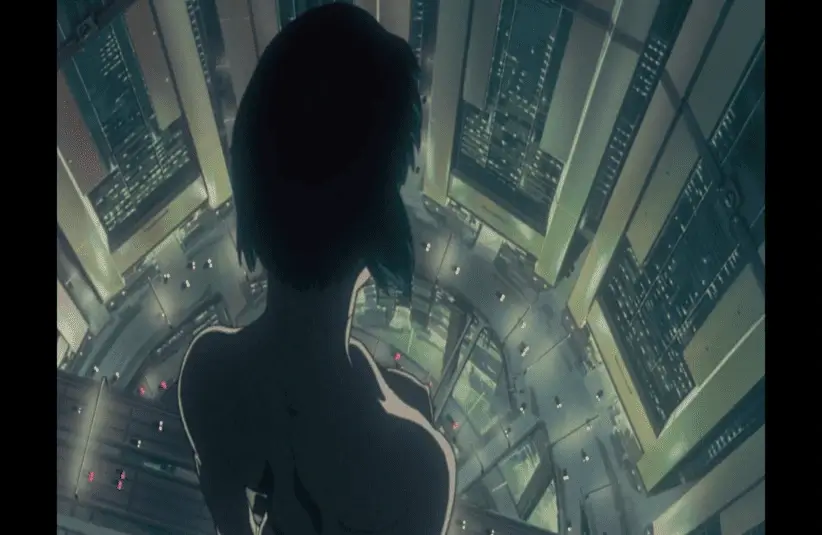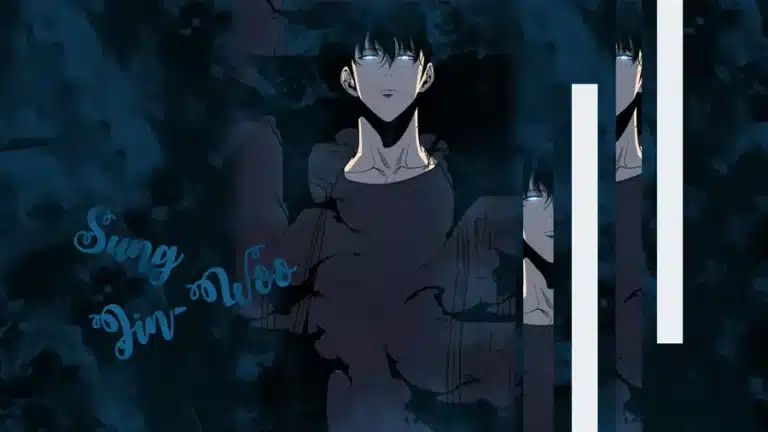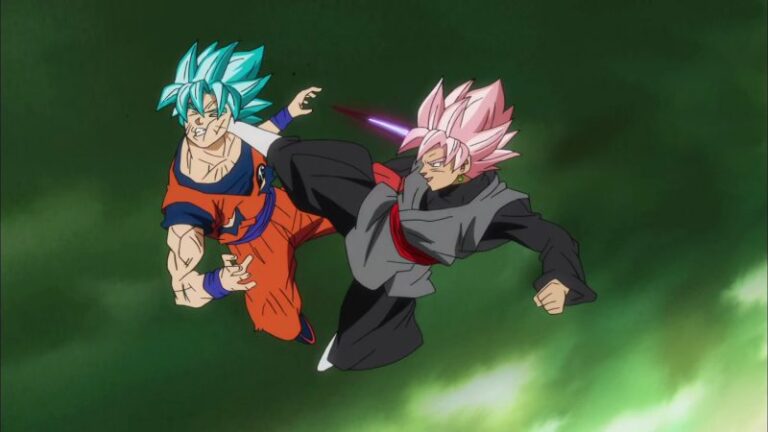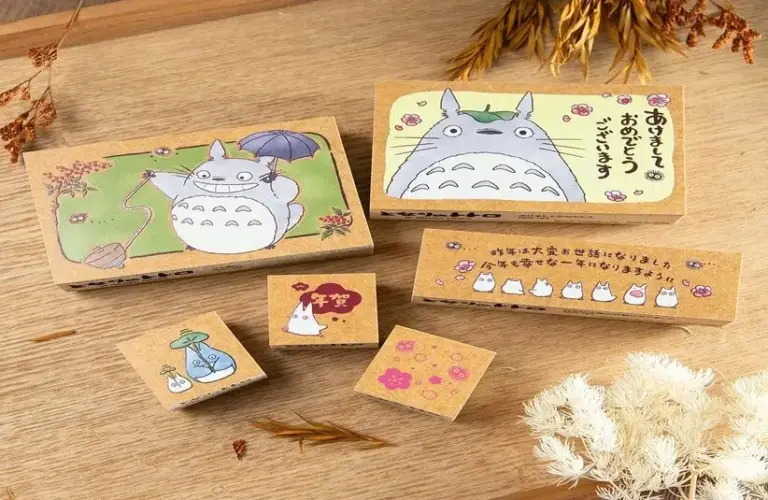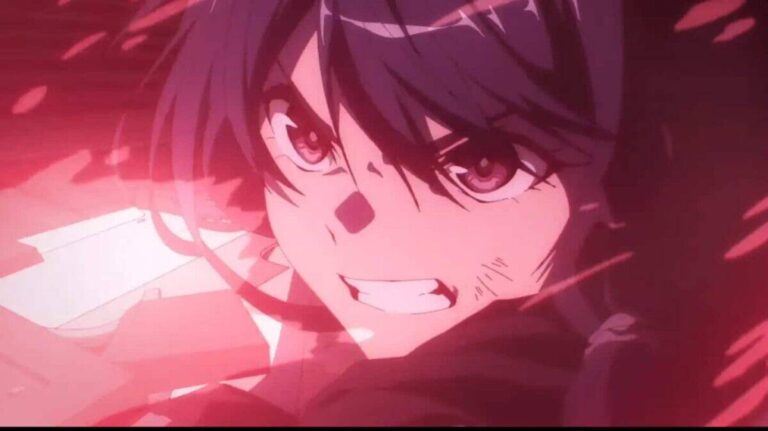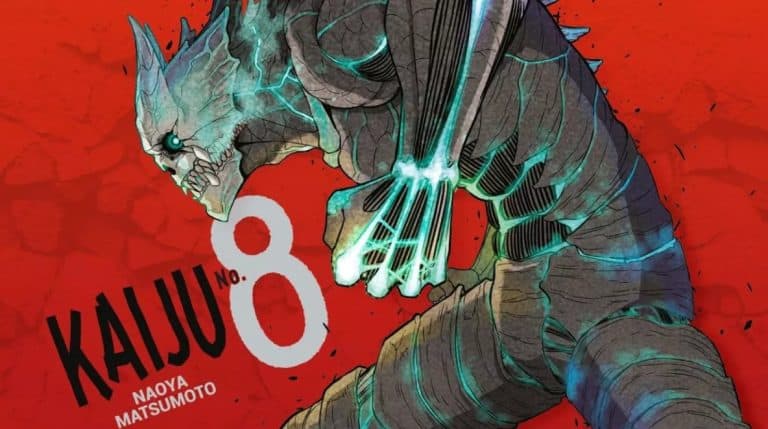Anime: 5 Masterpieces That Get Better With Time
Some anime age like a fine wine; the masterpieces get better and better. You might watch them as a kid and think, “Cool, giant robots!” Then you rewatch them about a decade later and suddenly, you’re hit with a wave of existential dread, complex character arcs, and (of course) social commentary that went completely over your head. These are anime that grow with you; they reveal new layers of depth each and every time you return.
5 Anime Masterpieces Worth the Watch
Ready to have your mind blown by stuff you thought you already knew? Here are five anime masterpieces that hit different as you get older.
“Ghost in the Shell” (1995)
First off, “Ghost in the Shell” walked so “The Matrix” could sprint. This 1995 cyberpunk classic is more than just a slick action flick about a cyborg cop; it’s a profound, and frankly unsettling, dive into what it means to be human in a world where flesh and technology have become one. As a kid, you were probably wowed by the stunning animation and a protagonist who could swan-dive off skyscrapers.
Rewatching it now, in an age of AI and digital consciousness, is a different experience. Major Motoko Kusanagi’s quiet moments of introspection, where she questions her own existence and identity, are the real core of the film. The central question—”Where does the human end and the machine begin?”—is no longer sci-fi. It’s a question we’re dealing with right now, making this anime masterpiece more relevant and thought-provoking than ever.
“Cowboy Bebop“
On the nose, “Cowboy Bebop” is a cool, kinda jazzy adventure about a bunch of down-on-their-luck bounty hunters cruising through space. It’s got style and panache for days, unforgettable music, and some of the best freakin’ action sequences in anime history. Ever. But later, when you revisit the Bebop crew as an adult, the show’s true, dark heart actually reveals itself.
This isn’t just a story about chasing bounties; it’s about people who are haunted by their pasts; they’re running from regrets they can never truly escape. Spike’s sad love story, Jet’s ultimate betrayal, Faye’s desperate search for an identity that she lost – these are deeply human struggles all bundled up in a sci-fi western package. The playful banter and crazy adventures are still there, but now you see them for what they really are: a passing distraction from the profound loneliness and heartache that make each character tick. It’s a masterpiece that teaches you that sometimes, you just have to carry that weight.
“Monster“
Forget what you think you know about anime thrillers. “Monster” is a slow-burning psychological horror that will burrow into your brain and stay there. The premise is truly bone-chilling: what if saving a life meant unleashing a treacherous monster into the world? Yikes. Dr. Kenzo Tenma makes a choice to operate on a young boy instead of the town’s mayor, and that single act of conscience sets off a devastating chain of events.
When you’re younger, “Monster” is a gripping cat-and-mouse chase. As an adult, it’s a harrowing exploration of morality, the nature of evil, and the terrifying idea that good intentions can lead to hellish consequences. The social commentary on post-war Germany and the nature vs. nurture debate becomes painfully clear. You start to see the quiet terror not just in the monstrous Johan Liebert, but in the moral compromises and the crushing weight of Tenma’s choices. This is an anime that ages with you, its complexities deepening as your own understanding of the world does.
“Princess Mononoke“
Hayao Miyazaki has a reputation for creating whimsical, heartwarming films, but “Princess Mononoke” is his raw, unflinching epic. As a kid, it’s an incredible fantasy adventure about a cursed prince, a girl raised by wolves, and talking animal Gods. The environmental message is there – but it’s easy to get swept up in all of the action.
However, watching it today, with the realities of social and environmental change breathing down our necks, the film feels less like a fantasy and more like a hauntingly accurate documentary. The conflict isn’t a simple “good vs. evil” story. Lady Eboshi, (leader of Iron Town), isn’t a one-dimensional villain; she’s an advocate for her people, most of whom are outcasts. The forest Gods aren’t just noble spirits; they also have hatred. “Princess Mononoke” is a masterpiece because it won’t show any easy answers, instead illustrating the brutal, complicated truth that conflict is rarely just black and white.
“Neon Genesis Evangelion“
Here it is. The big one. “Neon Genesis Evangelion” is notorious for being a mind-bending, devastating journey that starts with giant robots fighting aliens (yes!!) and ends with a full-blown psychological meltdown. When you first see it, you’re probably just trying to figure out what the heck is going on. The lore is heavy, the symbolism is obscure, and the ending is pretty controversial.
But when you come back to “Evangelion” with a bit more experience under your belt, it definitely transforms. You realize the “Angel” attacks – and the giant Eva units are actually just a backdrop for what the show is really about: sadness, trauma, severe anxiety, and the often painful struggle to connect with others. Shinji Ikari isn’t just a whiny protagonist; he’s a realistic depiction of a traumatized teen collapsing under impossible pressure. This anime masterpiece is an honest and empathetic look at the most abysmal corners of the human psyche. It’s not just about saving the world; it’s about learning how to save yourself.
Some Final Thoughts
When you’re younger, you likely are focused on the surface-level plot. But as you gain more life experience, you may begin to connect with characters‘ struggles on a more personal level. The social analyses become more defined, the philosophical questions feel more necessary, and soon you realize the creators weren’t just making a cartoon – they were actually making a statement. They confront themes of loss, identity, and the often messy reality of merely trying to exist.

